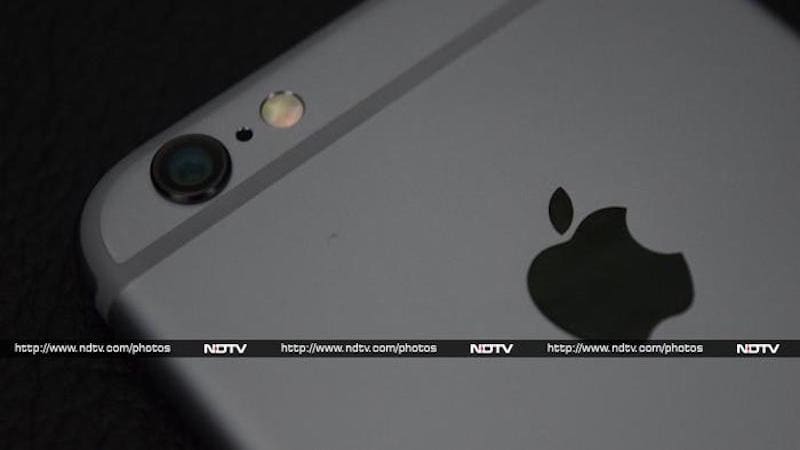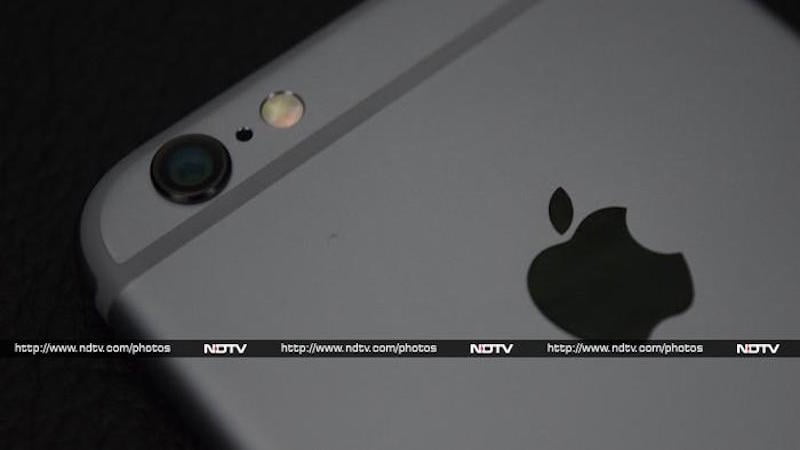
When it comes to reliability and performance, Apple iPhones and iPads are failing more often than Android smartphones, a study has revealed.
According to the study global data security firm Blancco Technology Group, iOS devices had a 58 percent failure rate while Android smartphones reported an overall failure rate of 35 percent in the second quarter of 2016.
It is the first time that Apple’s devices have a lower performance rate compared to Android, Softpedia reported.
iPhone 6 had the highest failure rate of 29 percent, followed by iPhone 6s and iPhone 6s Plus.
For this, the study revealed the device failure rates by operating systems, manufacturers, models and regions.
In the first quarter of 2016, Android smartphones had an overall failure rate of 44 percent.”Samsung, Lenovo, and LeTV were among the manufacturers with the weakest performance and higher failure rates. Samsung scored 26 percent in failure rate, while Motorola just 11 percent,” the findings showed.
iOS devices failed more frequently in North America and Asia compared to Android and the quality of the devices being shipped may be one of the reasons.
The main problem iOS users faced was not being able to connect to a WiFi network, dropped connections, slow speeds and incorrect password prompts.
Android smartphone users struggled with camera issues, battery charging, touchscreen issues and app crashes.
According to the results, 50 percent of iOS applications crashed compared to 23 percent of Android apps.
Facebook, Instagram and Snapchat were among the top apps to crash on iOS devices.
[“source-gadgets.ndtv”]










